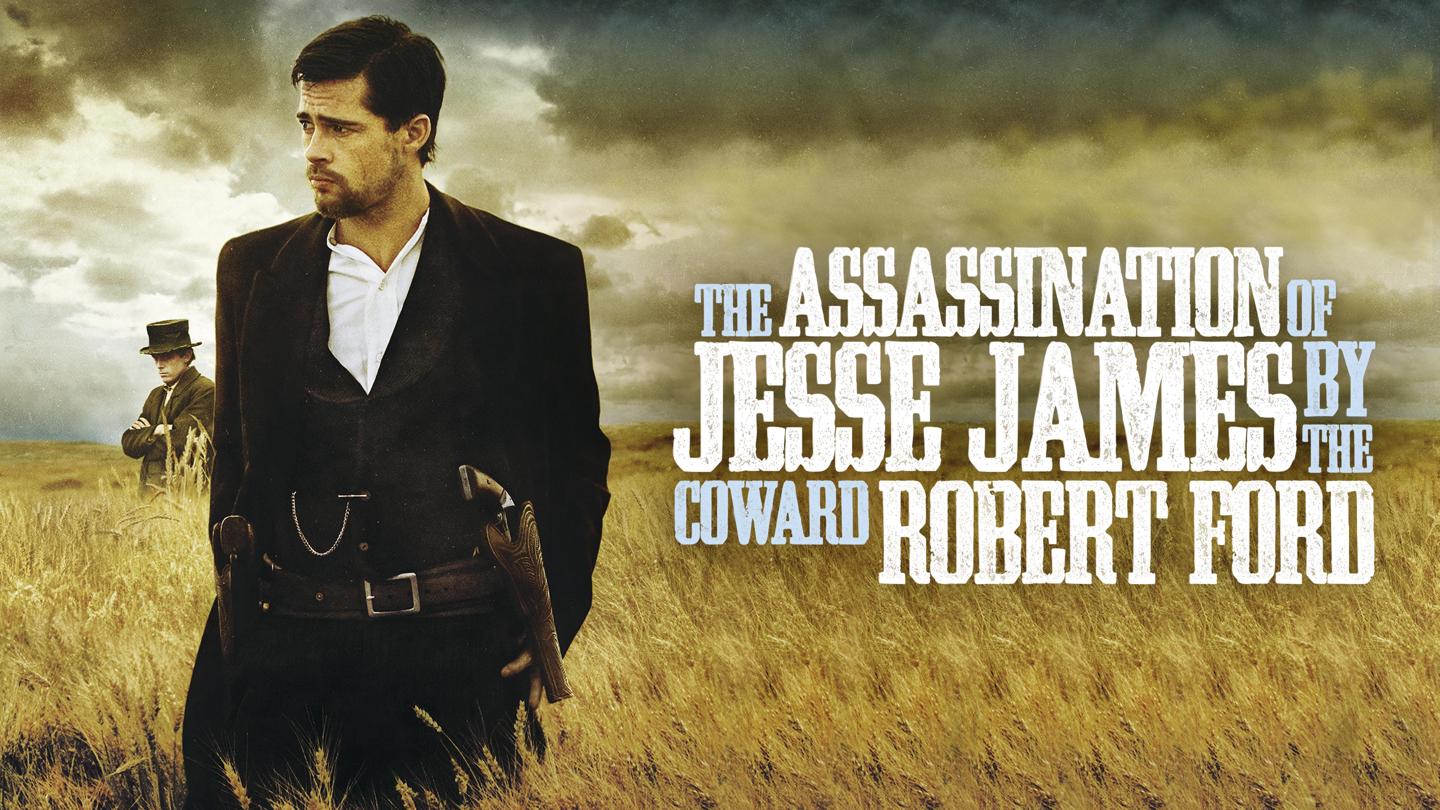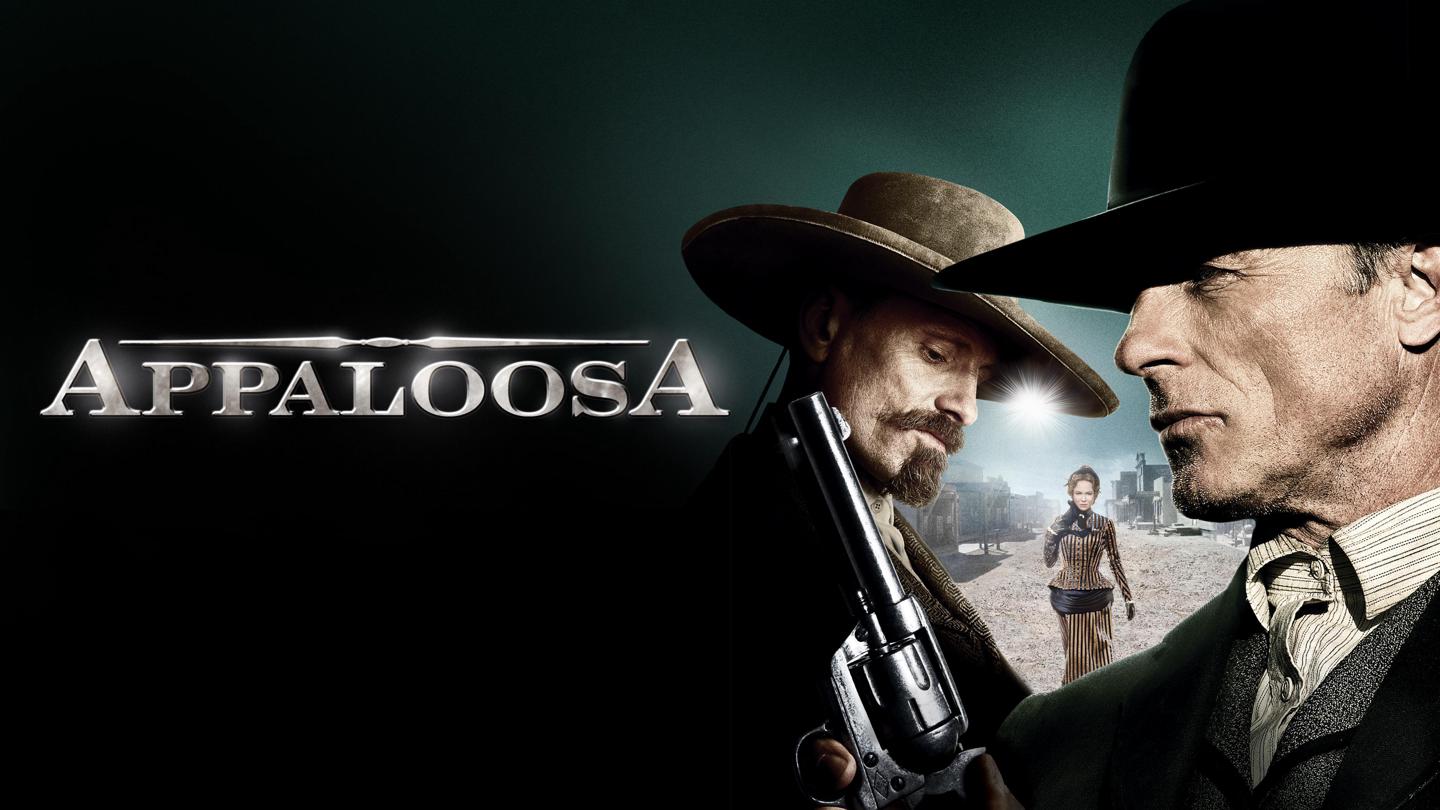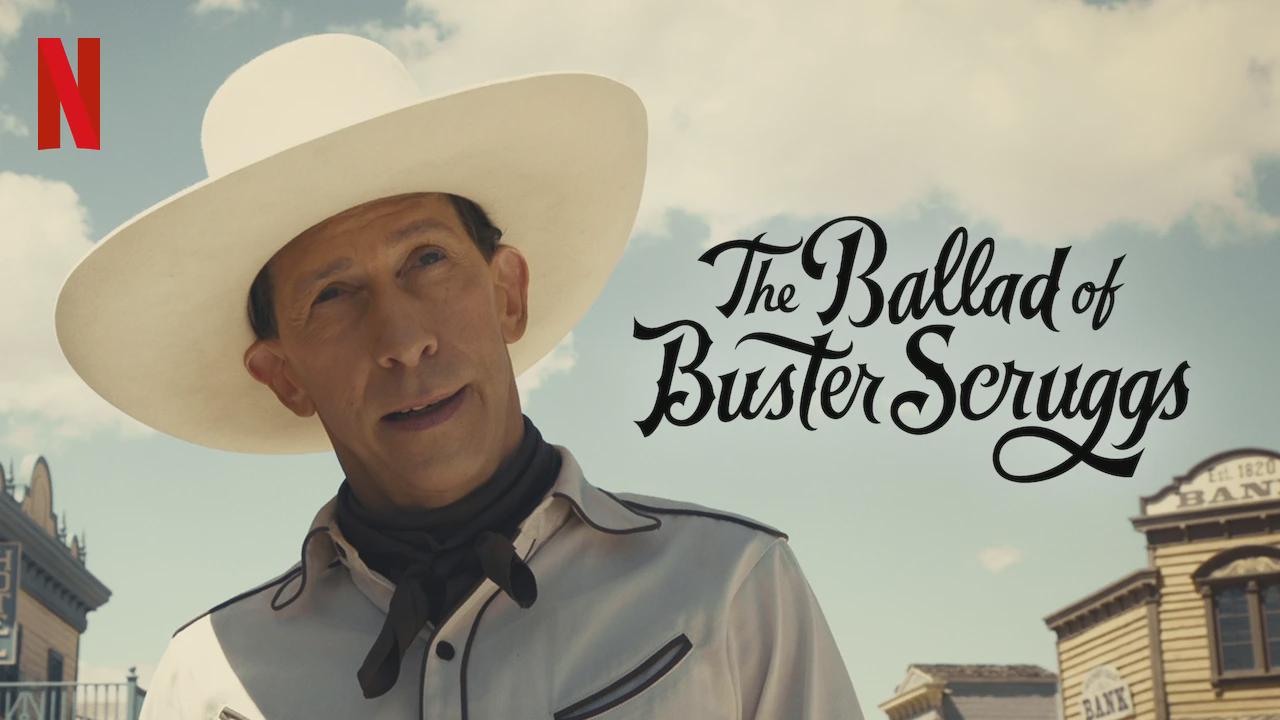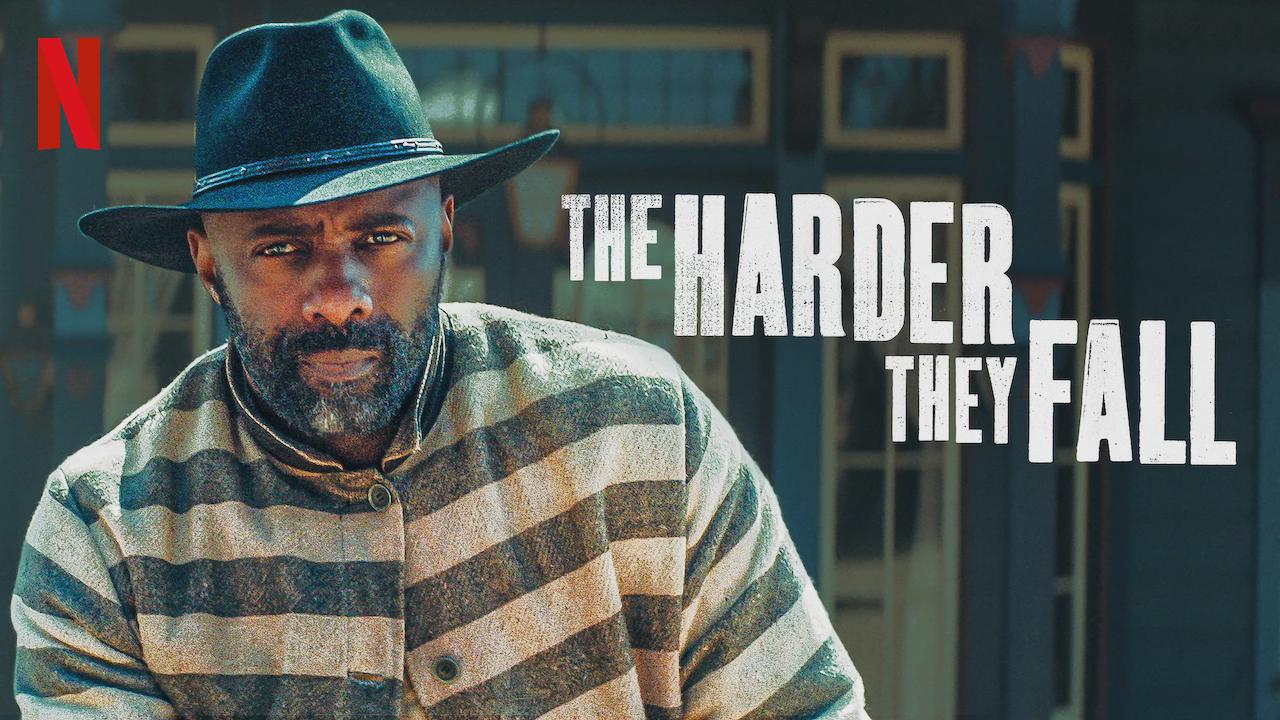The Assassination of Jesse James by the Coward Robert Ford

Quick Info
Alright, let’s get into it. "The Assassination of Jesse James by the Coward Robert Ford" (what a title) is one of those Westerns that makes you feel like you’re inhaling old paper and dust, like flipping through some relic novel you found in your grandpa’s attic. It’s long, slow, and soaked in mood — the antithesis of popcorn action. I rewatched it recently, and it still feels as haunting and oddly graceful as it did the first time around.
The story, in its bones, is pretty direct: It’s about Robert Ford’s obsession with Jesse James, the most notorious outlaw of his day, and the legendary betrayal that followed. But there’s little in the way of classic gunfights or barroom brawls. Instead, it’s like a psychological slow-burn where every character feels a touch off-kilter. The tension builds in quiet stares and half-muttered lines, not wild shootouts.
The real secret ingredient is the cast. Casey Affleck puts in a performance so awkward it’s almost painful to watch — but in exactly the right way. His Robert Ford is needy and insecure, desperate for relevance, and you can practically see the flop sweat. Brad Pitt, meanwhile, seems to understand Jesse James as both folk hero and fraying man, more melancholy than menacing most of the time. And when these two share the screen, everything else goes fuzzy around the edges. There’s a weird chemistry there: admiration sparring with jealousy, friendship tangled with fear.
Roger Deakins’ cinematography deserves a whole paragraph of its own. Some shots somehow manage to look both grimy and poetic at once. There are those dreamlike train scenes dusted with fog, the pale winter grass stretching endlessly, and houses swallowed by dusk. Even if you zone out on the plot, the visuals could hypnotize you into sitting through the two and a half hours.
But okay, here’s where it splits the crowd: the pacing. This thing moves at the speed of molasses. I mean, you could go make a coffee, come back, and they’d still be glaring at each other across a snowy field. For some people, that’s unbearable. For me, if I’m in the right mood, the deliberate pace is part of the point. It lets the paranoia breathe and draws out every little fracture in the characters. Still, I won’t pretend I haven’t checked the time once or twice during that final hour.
The emotional punch sneaks up on you. The film doesn’t treat Ford’s betrayal as some wild twist; it’s more about dread and inevitability, like watching a tragedy unravel in super slow-motion. And after the titular moment, it doesn’t speed to the credits but plods along, exploring the hollow aftermath. I respect that level of commitment to mood, even if it leaves you feeling a bit wrung out.
Not everyone in the supporting cast lands, though. Some side characters feel like afterthoughts and the dialogue sometimes dips into self-importance. There are monologues that want badly to be profound, just teetering on the edge of pretentious. That and the relentless gloom can make sticking with it kind of a feat.
All told, "The Assassination of Jesse James..." is more art film than gunslinger ride — poetry written in mud, obsession, and regret. It stumbles here and there under its own weight, but I think it’s a Western with actual emotional heft, unafraid to trade six-shooters for silences. I doubt everyone will love it, but I also doubt anyone will forget the vibe.
The R8 Take
If you loved "No Country for Old Men" or want your Westerns brooding and gorgeous, this is your jam. Just brace yourself for the slow burn.



